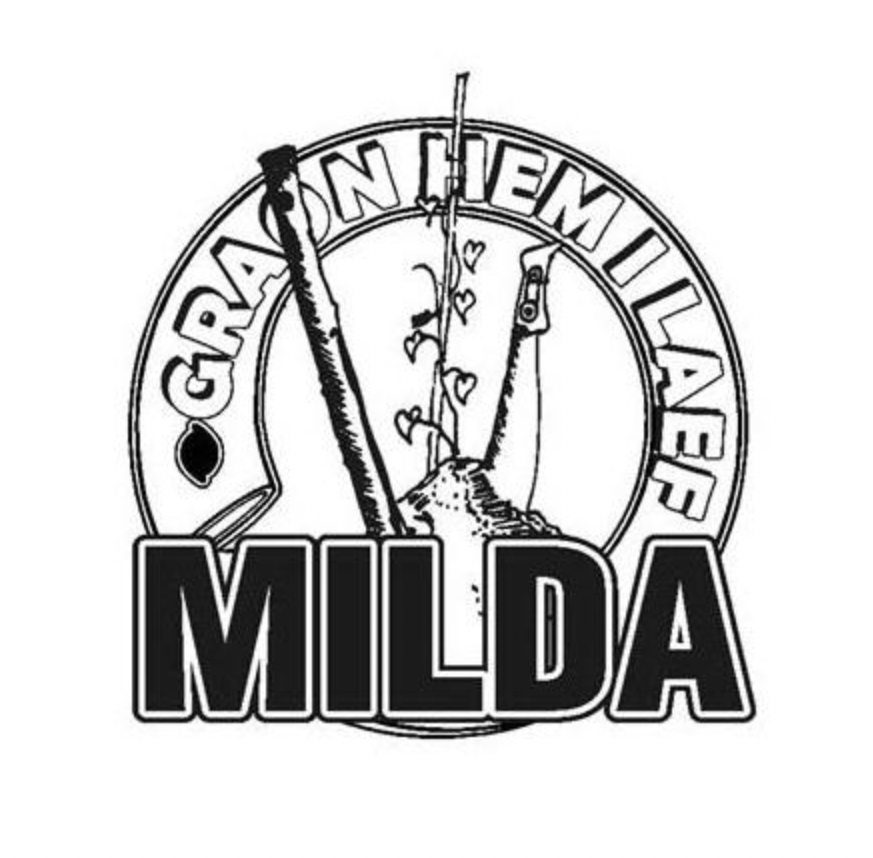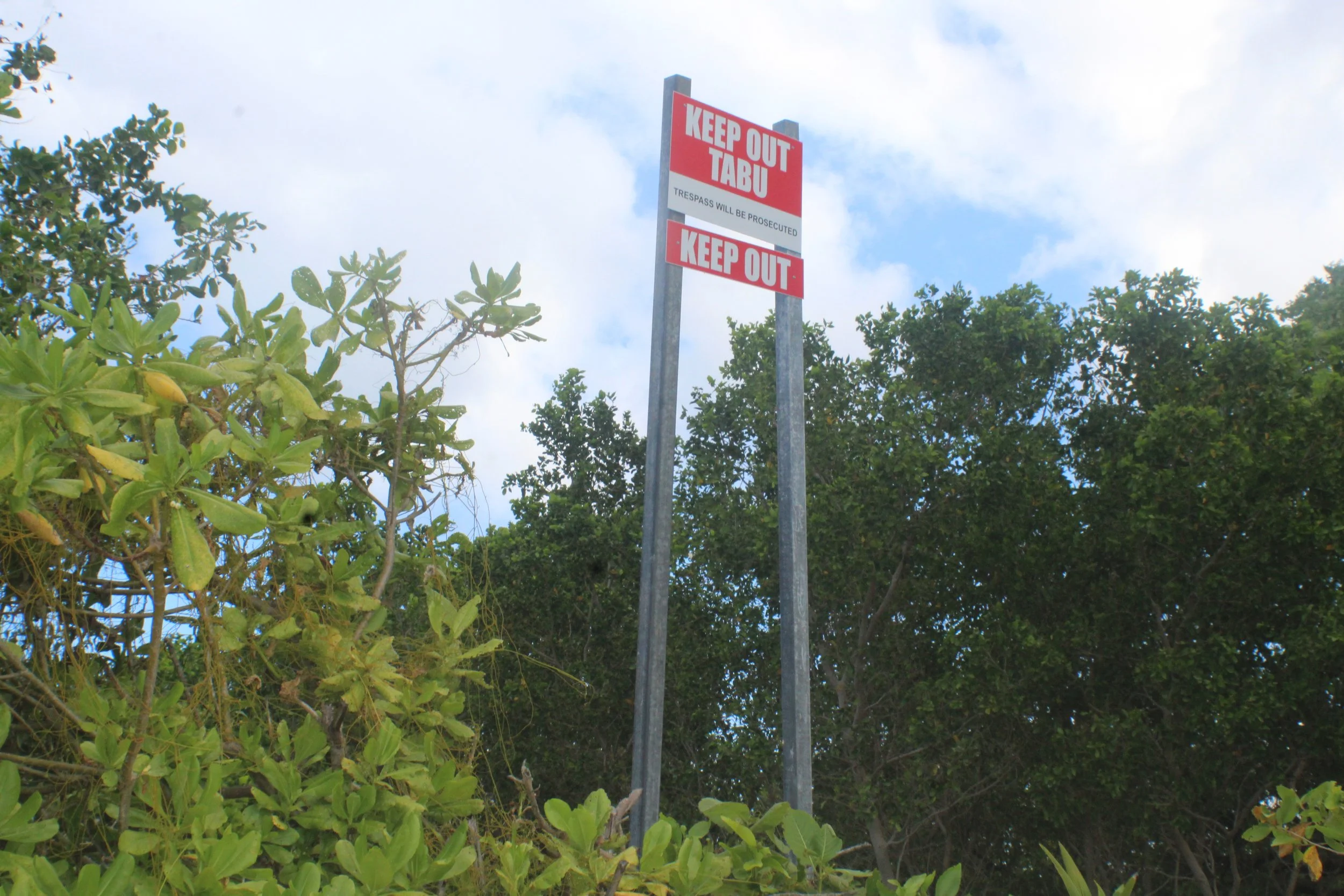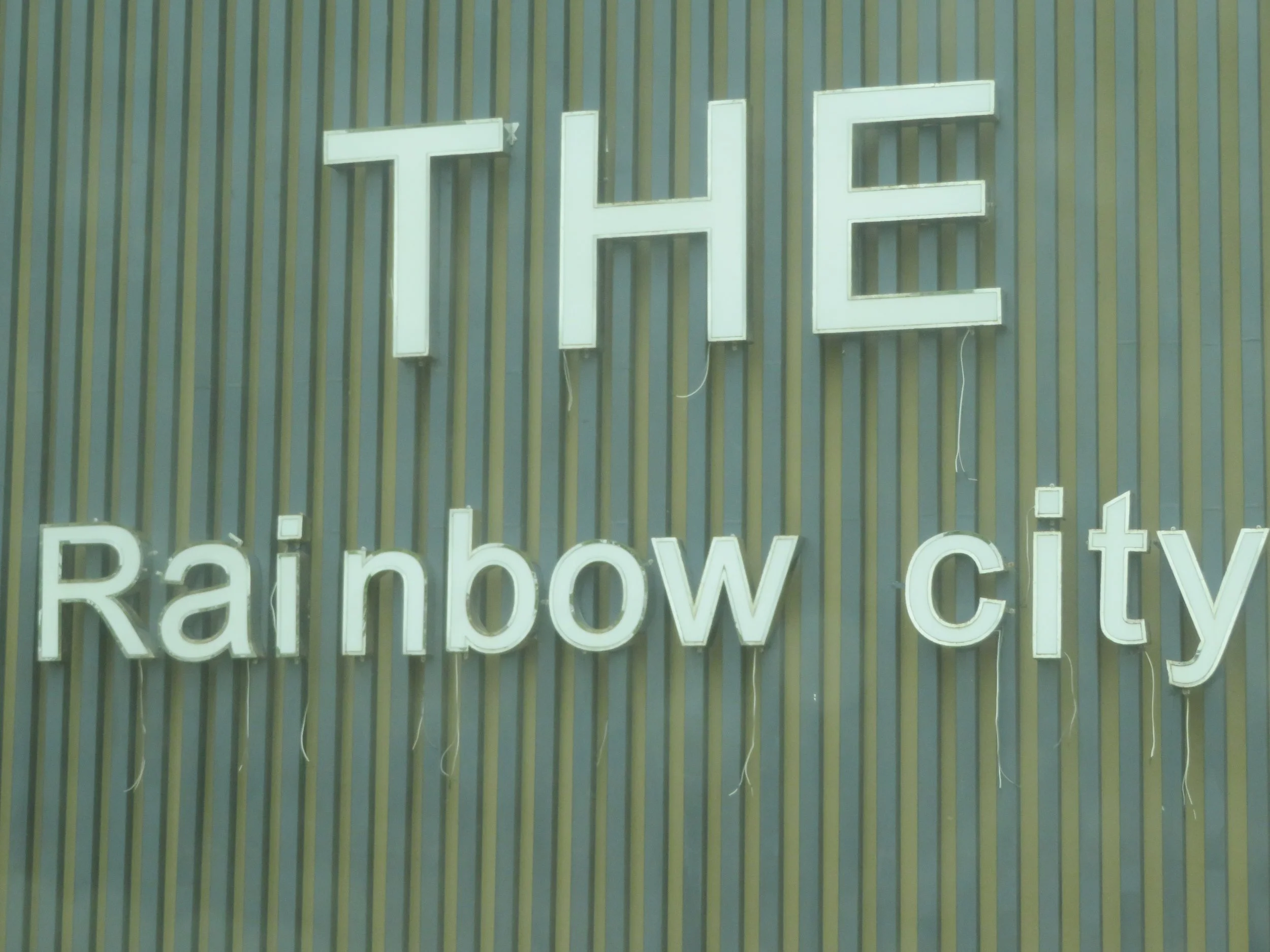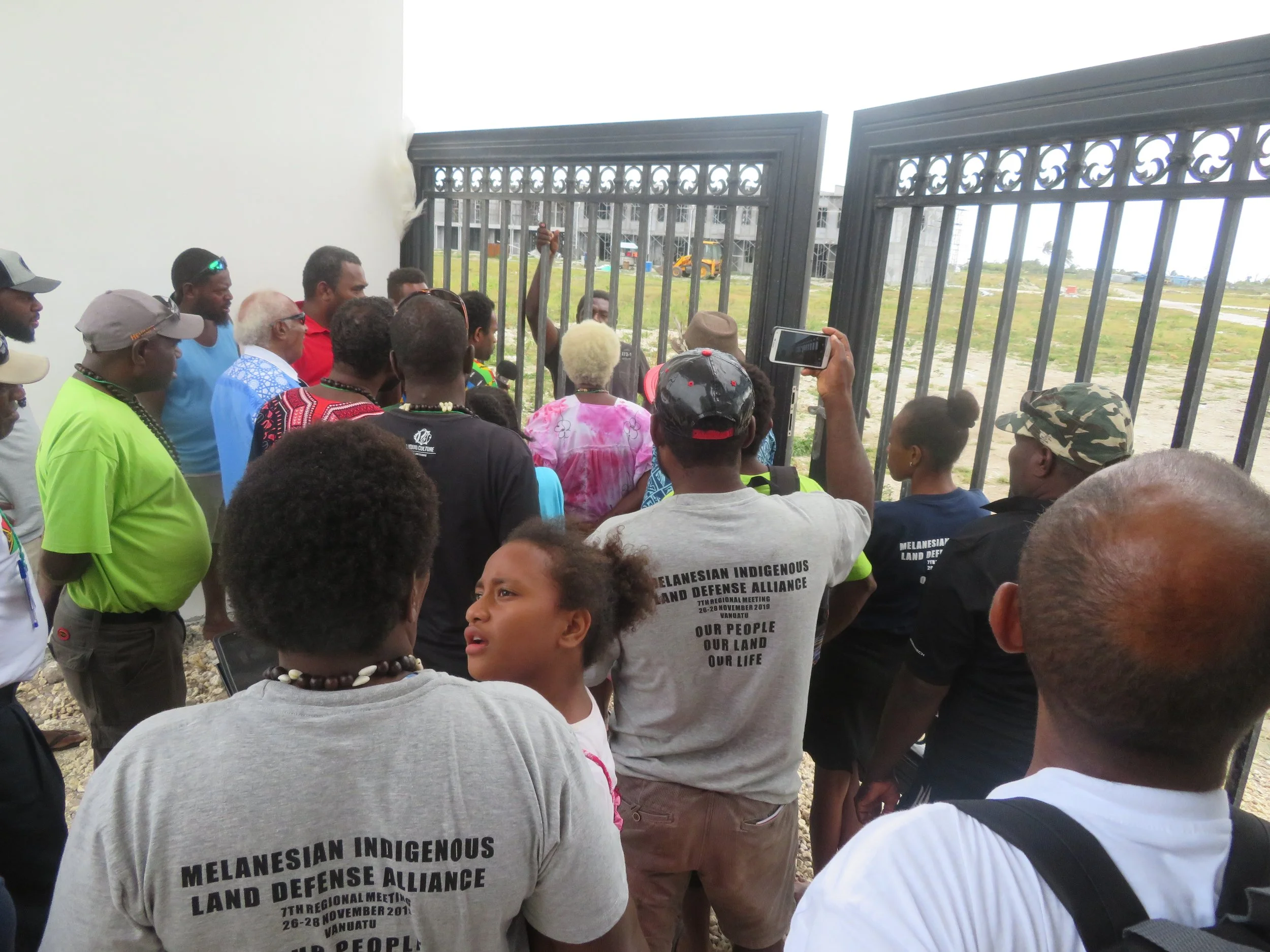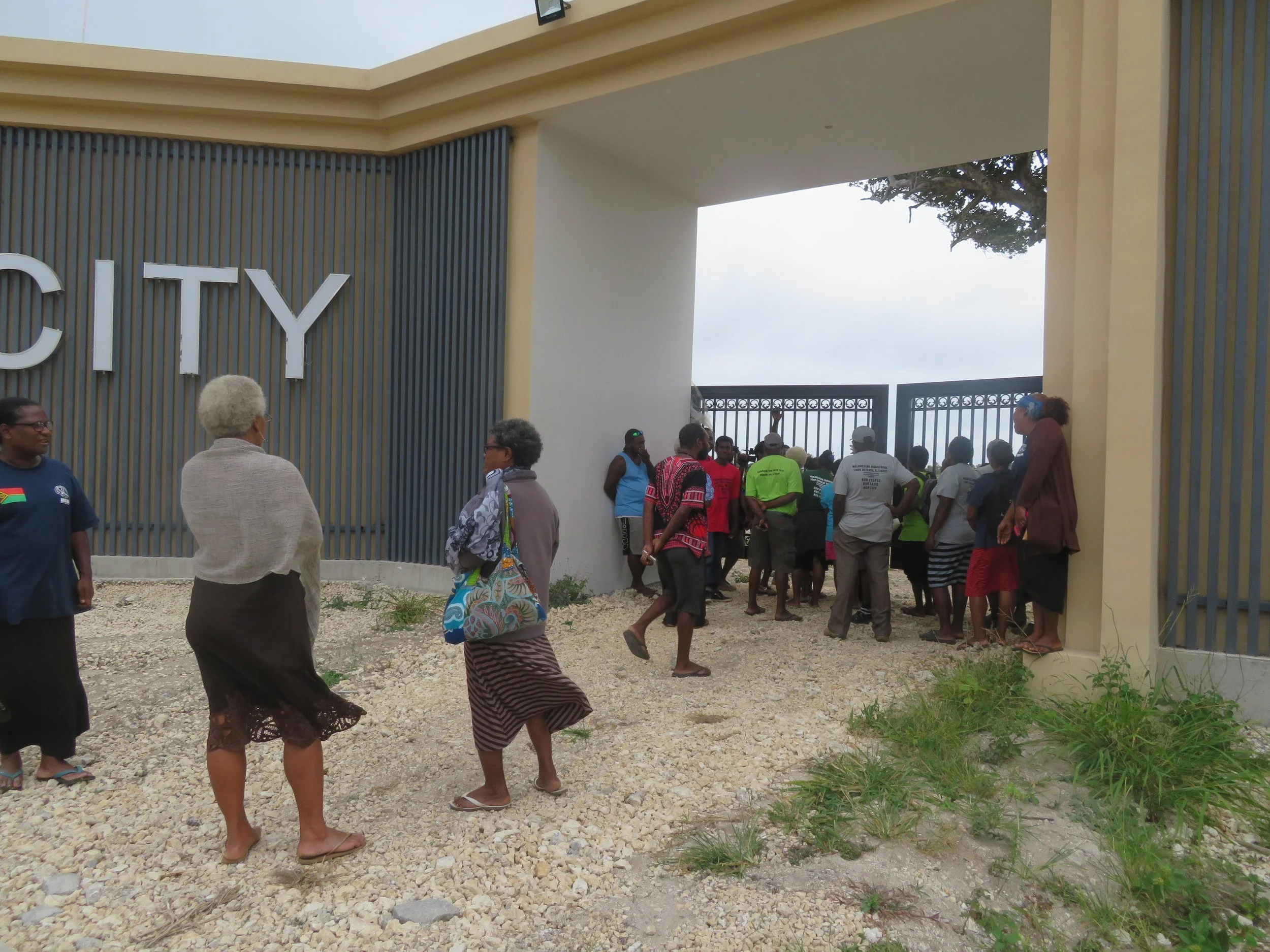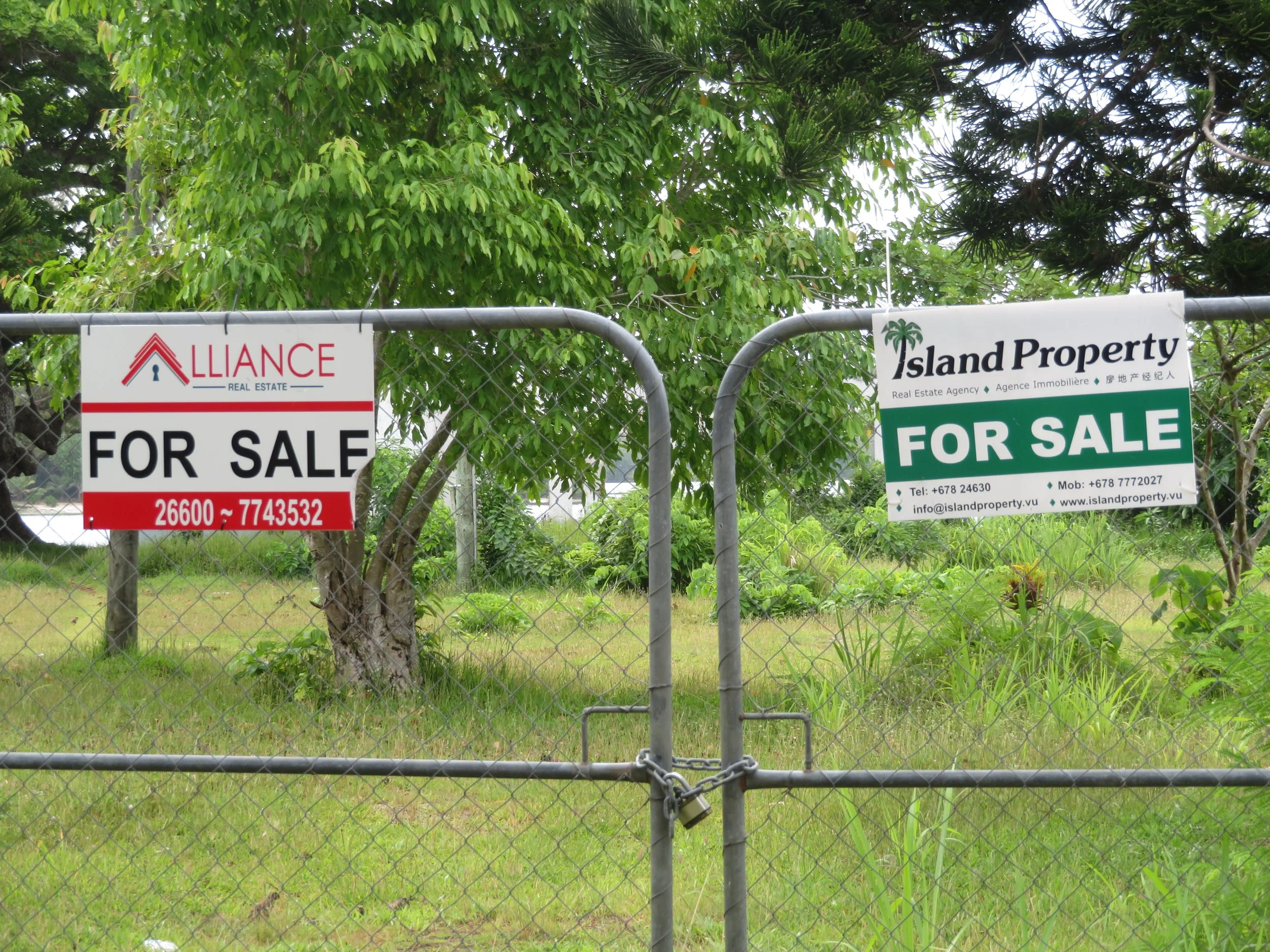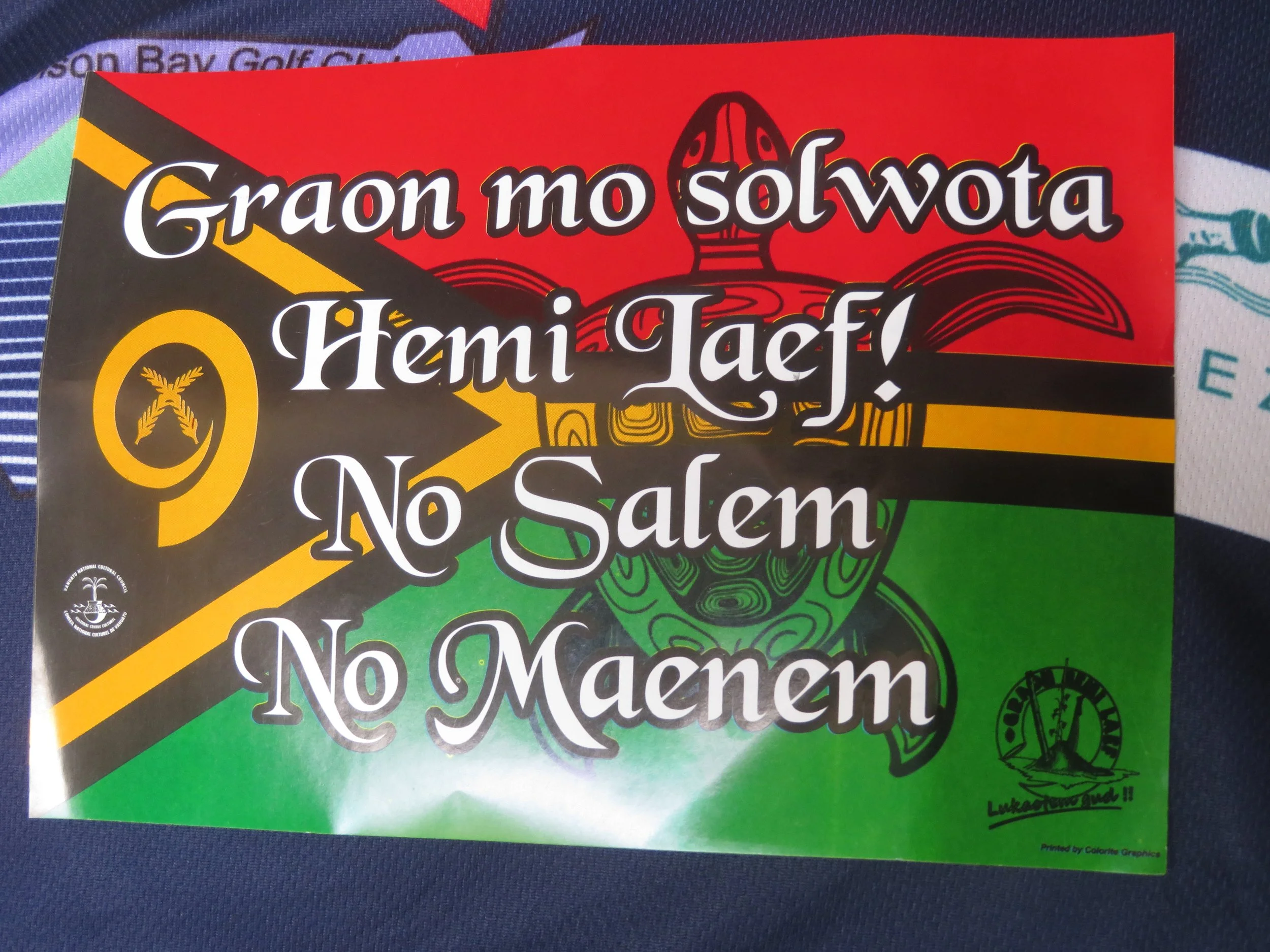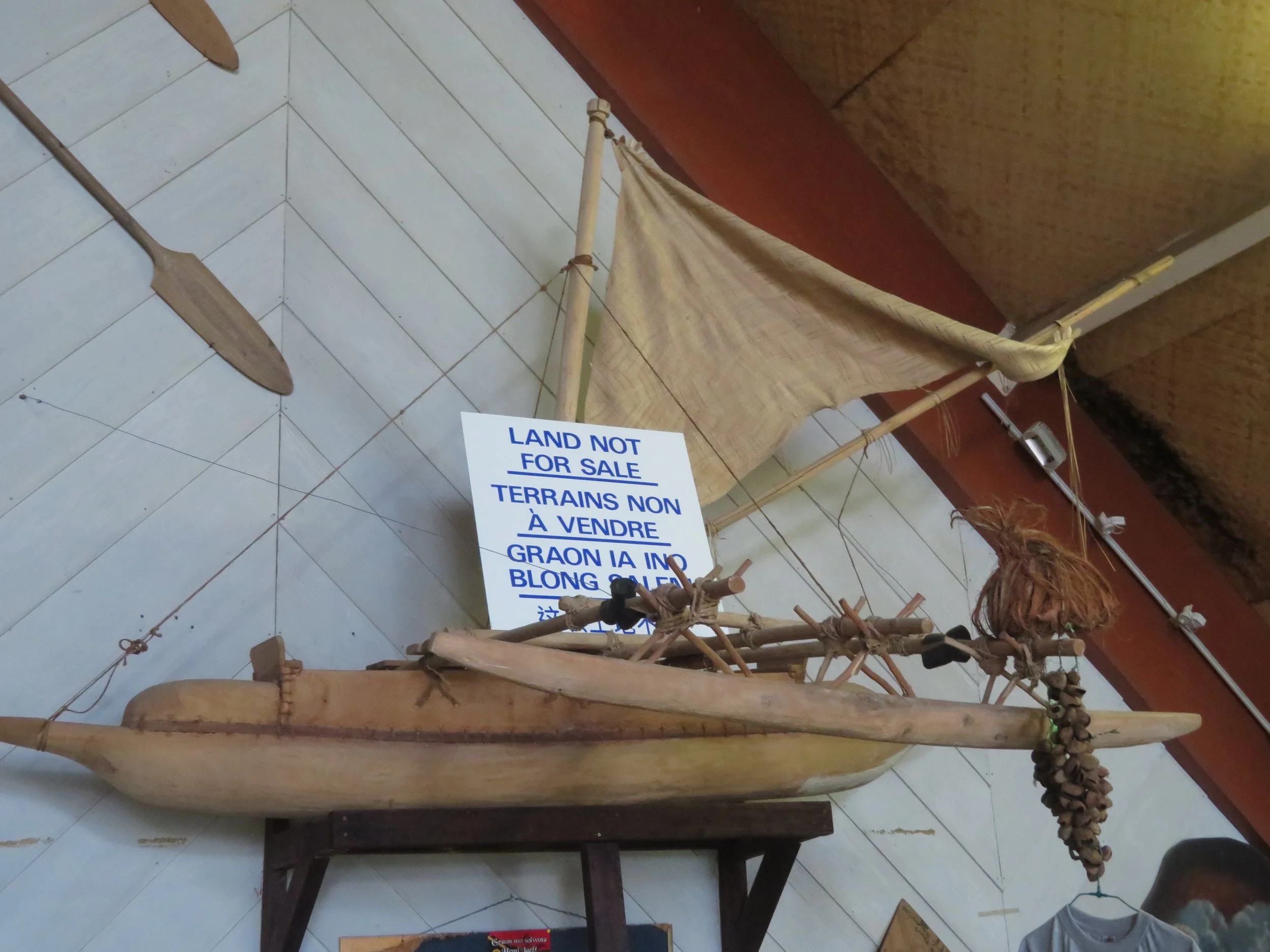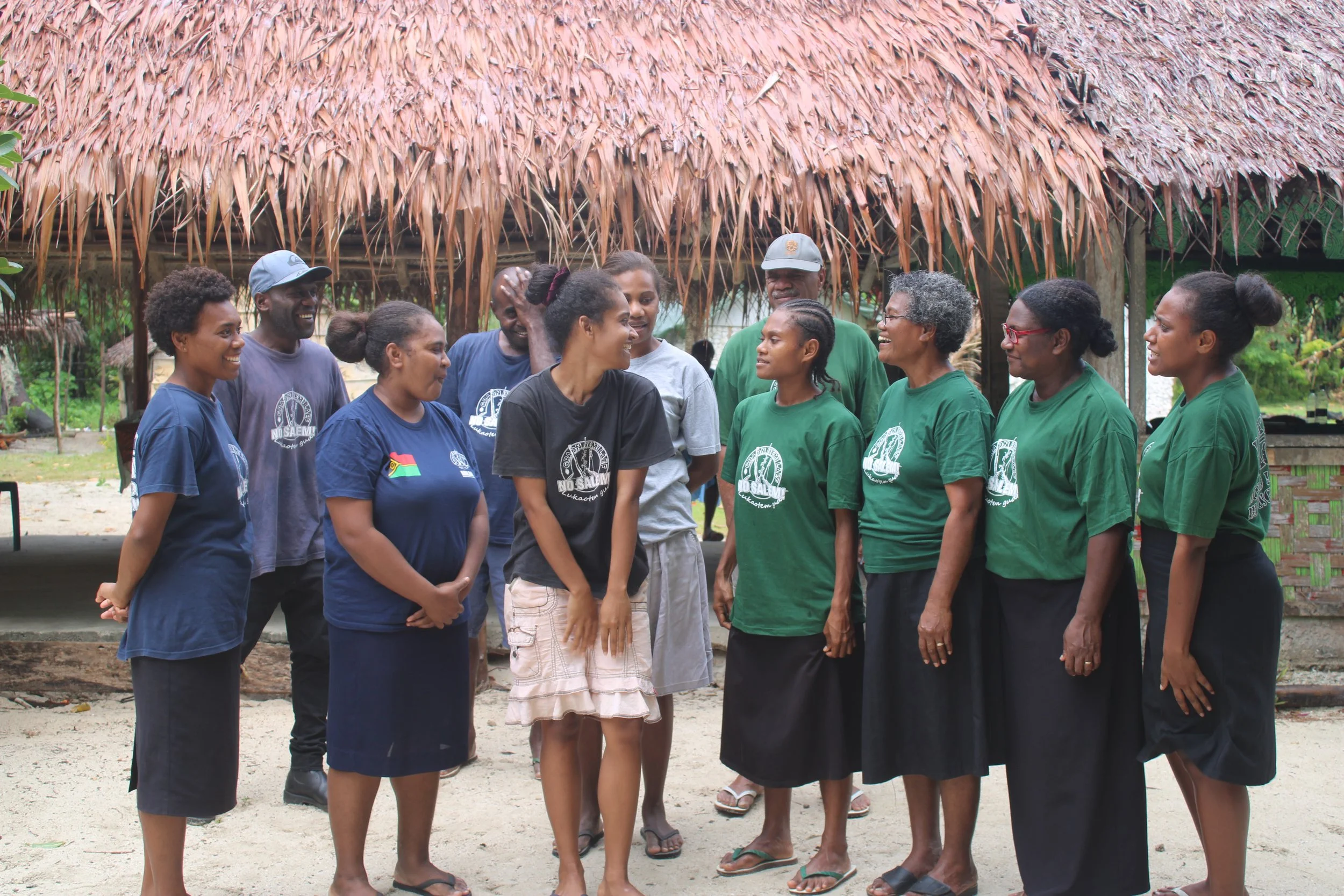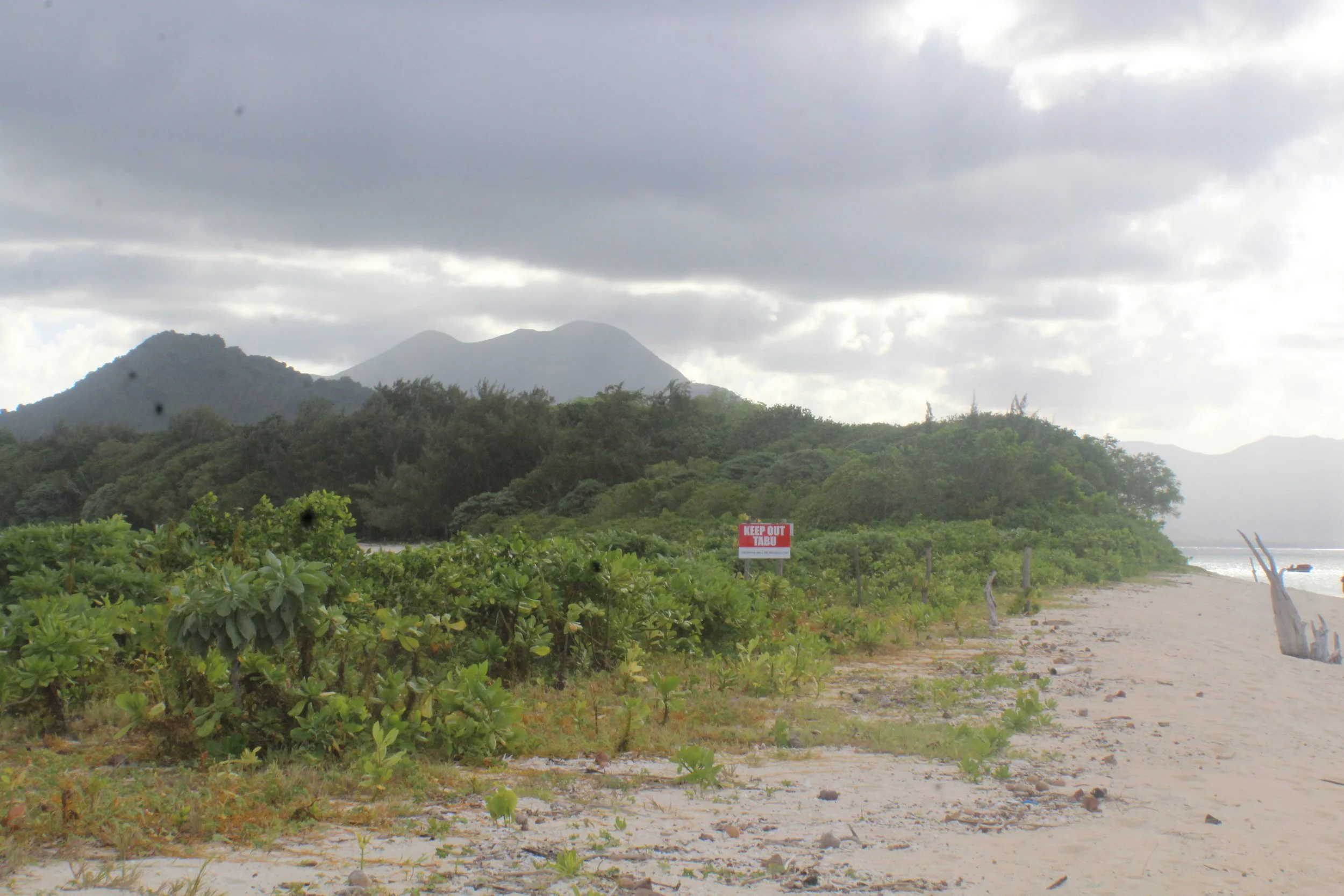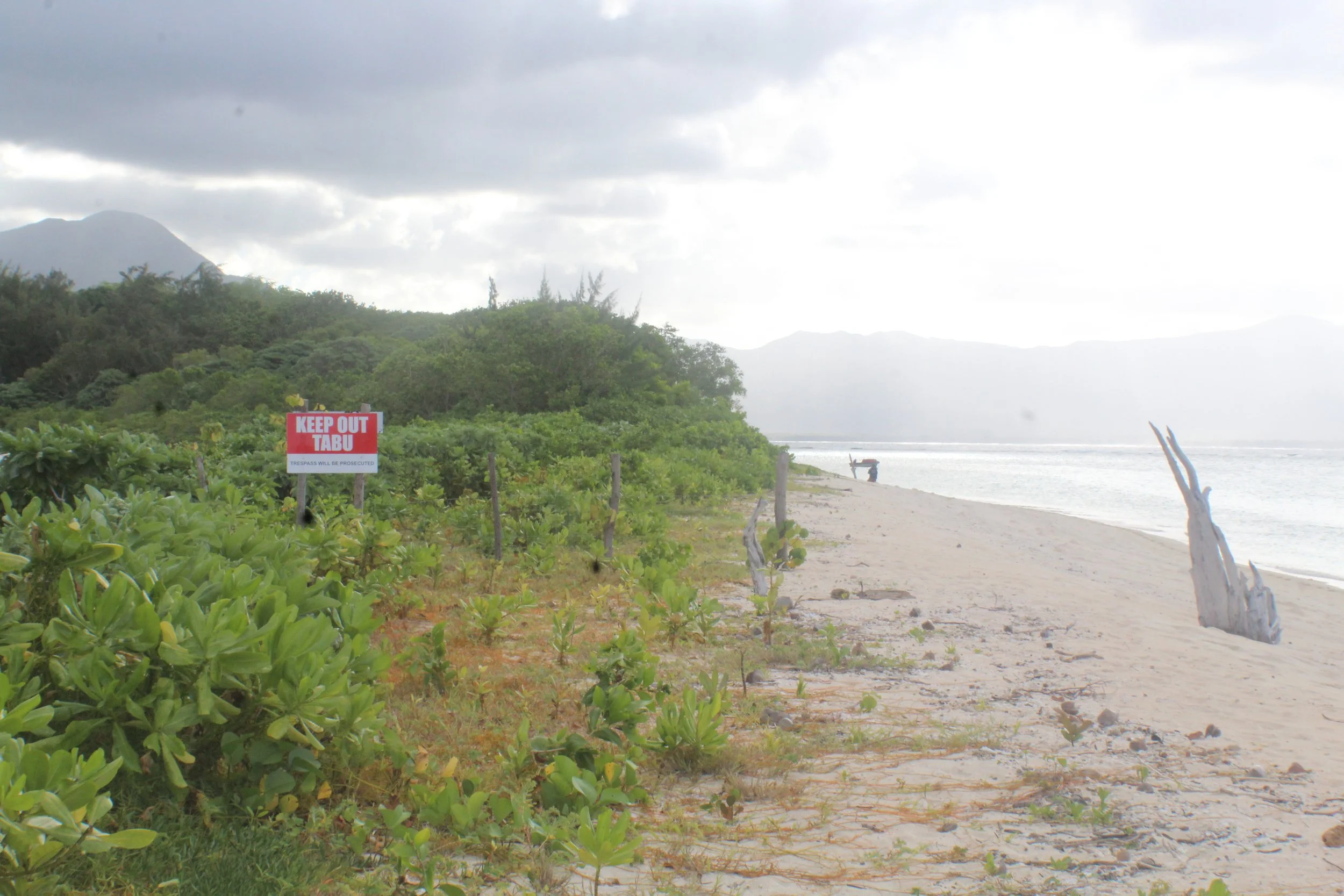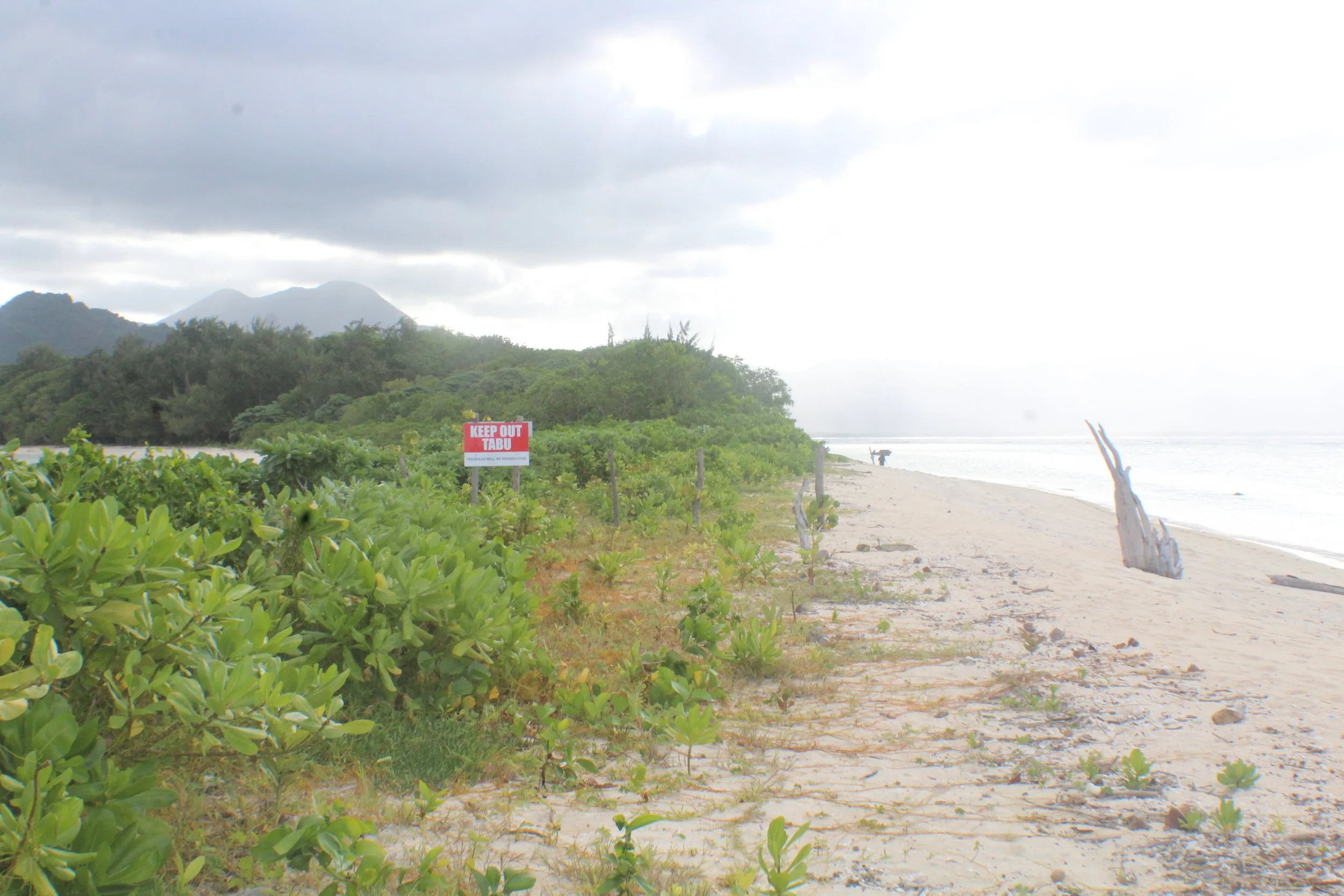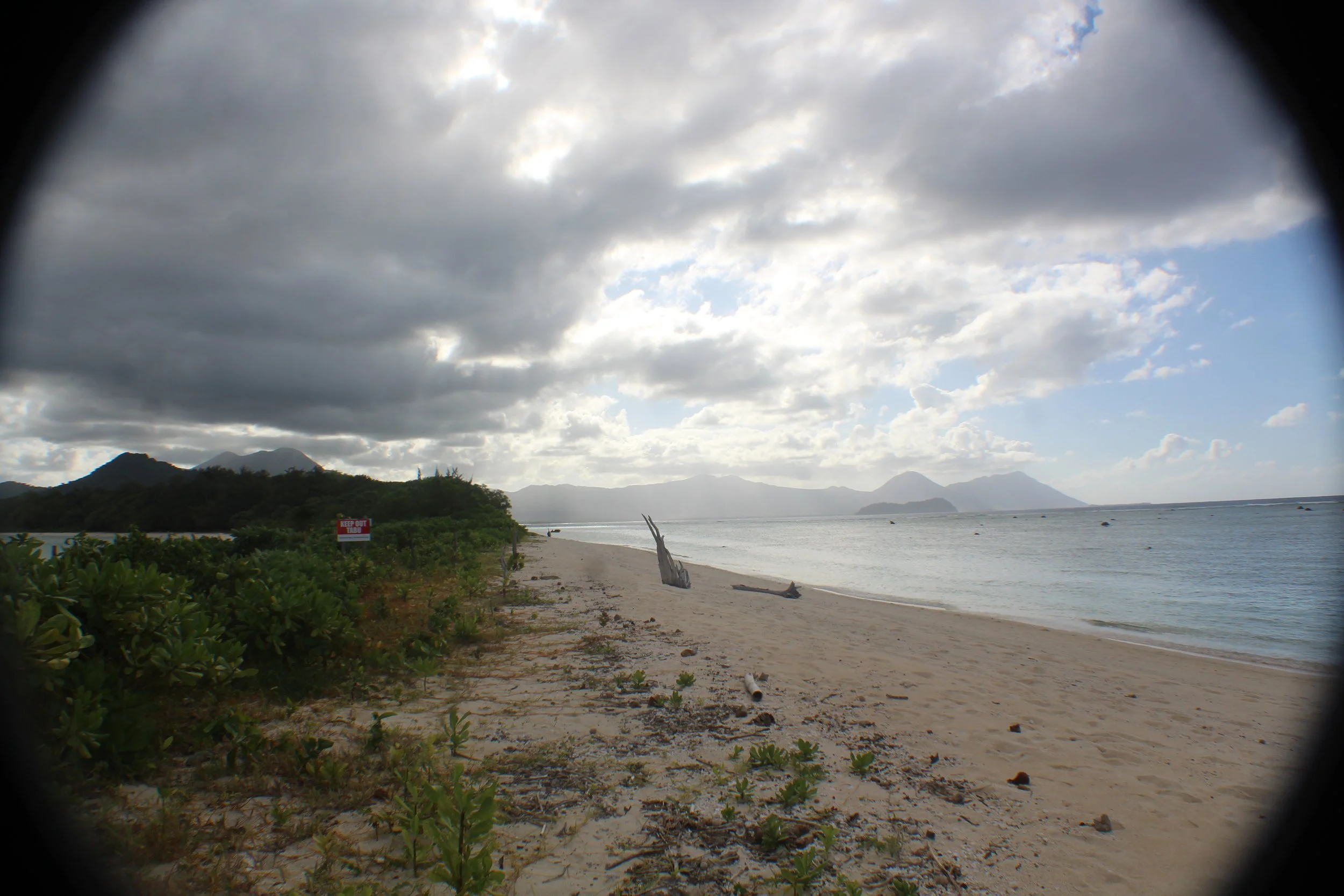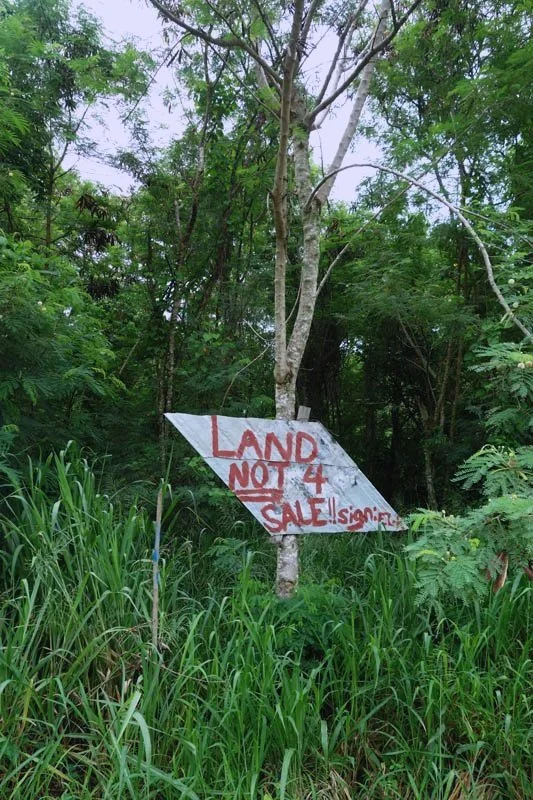
land protection
preventing development land grabs
Throughout Melanesia the majority of land is held under customary ownership. Customary land ownership has consistently come under attack by foreign developers, the World Bank, IMF and international aid organizations who see Customary land owners as a barrier to foreign land desires.
“Development has become a very terrible word, because it can be used in a way that covers up so many hidden agendas and mainly agendas to do with neocolonisation and people coming in. These days development means basically foreign investment. The kind of development we need in Melanesia and in Vanuatu is local development.”
Rainbow City is projected to take 10 years to build (10/24/29)
Developments like the Rainbow City in Narpow Point, Efate, Vanuatu, are being marketed by FPF Company as a “little Singapore” for foreign investors and tourists. The project covers more than 86 hectares and threatens surrounding villages access to their customary lands. The company pushes the Vanuatu Citizenship by Investment program, which allows foreign applicants who invest at least $130,000 into a local development fund a fast tracks to second passport options.
The ni-Vanuatu surrounding the walled development are being kept in the dark and those who work on the site claim they are not treated well and are paid poorly.
-

Land Ombudsman hopes Minister won’t sign land leases
June 9, 2021 Melanesian News
Emil Mael says the latest proposed Land Amendments can go ahead to be passed by Parliament, as long as the Minister of Land has no power to sign any land lease.
-
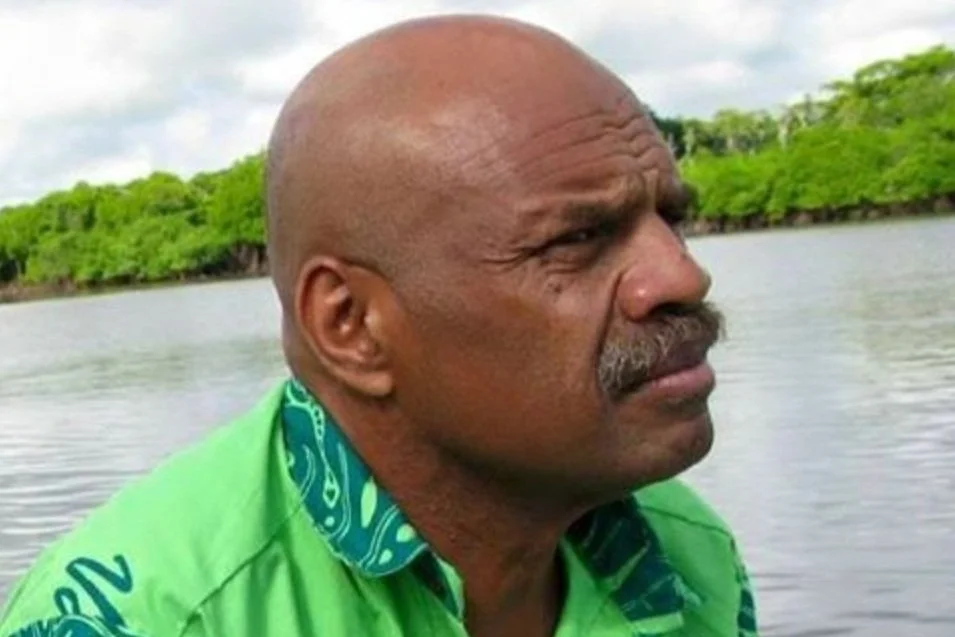
World Bank brings back land registration agenda through environmental Conservationuild it
20 March 2017 Papua New Guinea Today
The Melanesian Indigenous Land Defense Alliance (MILDA) is alarmed that land registration is again being pushed by the World Bank, this time through an environmental project managed by the International Union of Conservation of Nature (IUCN) within Melanesia.
Download On Our Land Report (pdf)
ON OUR LAND: MODERN LAND GRABS REVERSING INDEPENDANCE IN PNG
26 May 2014
Papua New Guinea (PNG) is one of the most culturally diverse countries in the world, with more than 800 indigenous languages and over 600 islands. Among its many natural treasures, a unique asset is its rainforest, the third largest in the world and home to endangered wildlife, plants, and diverse groups of people.
It has been said that PNG has the most equal distribution of land on earth. The country’s constitution protects customary land rights and there is virtually no private ownership. Land is almost entirely controlled by clans and tribes. The constitution sets self-reliance, sovereignty, and the sustainable management of natural resources as overarching principles for the country.
Yet, even with these legal protections, a massive land rush is currently taking place in the country. In recent years, 12 percent of the country, 5.5 million hectares, has been leased out to foreign corporations. Dozens of foreign companies have signed land deals under a government scheme called Special Agriculture and Business Leases (SABLs). Ostensibly formed to launch agricultural projects, these firms appear to be mostly occupied with harvesting timber that is then exported to overseas markets. With the SABL scheme, foreign companies have found a new and relatively easy way to open new areas for logging.
Defending Melanesian Land
June 2009, Madang
Members of MILDA speaking on why it is necessary to defend customary land - Video by MILDAPacific1
